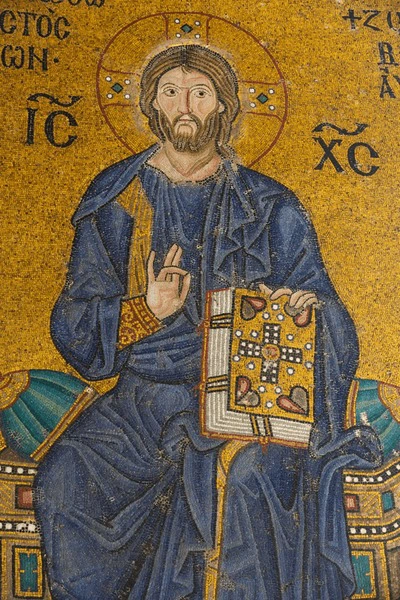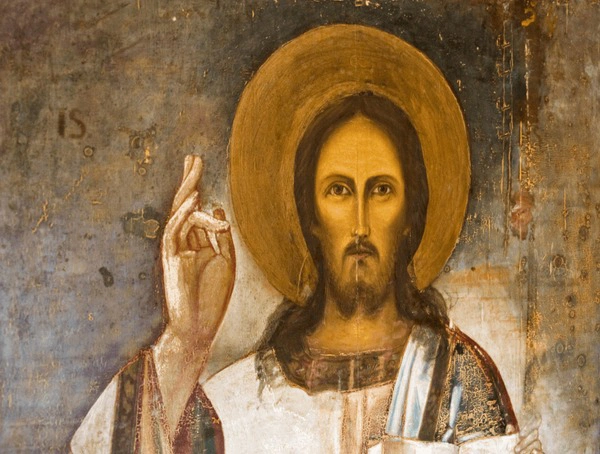
Exploring the Lineage of Jesus through Judah's Kings in Matthew 1:9
Matthew 1:9 lists Uzziah, Jotham, Ahaz, and Hezekiah, emphasizing Jesus' royal lineage through Judah's kings. These figures, with their varied faithfulness, highlight God's enduring promise and sovereignty, leading to the Messiah's arrival.
Joshua Brooks
26/11/2024 - 7 months ago

Understanding the Lineage in Matthew 1:9
In the New Testament, the Gospel of Matthew begins with a genealogy that traces the lineage of Jesus Christ. This genealogy is significant because it connects Jesus to the royal line of David, emphasizing His rightful place as the promised Messiah. Matthew 1:9 focuses on a specific segment of this lineage, mentioning Uzziah, Jotham, Ahaz, and Hezekiah. These names are not just historical figures; they are part of the grand narrative that showcases God's faithfulness through generations.
Uzziah, also known as Azariah, was a king of Judah who reigned for 52 years. His reign was marked by prosperity and military success, as he expanded Judah's territory and fortified its defenses. However, Uzziah's story also serves as a warning against pride, as his later years were marred by his attempt to offer incense in the temple, an act reserved for priests, which led to his affliction with leprosy.
Jotham, the son of Uzziah, succeeded his father as king. Jotham is remembered for his strong leadership and his commitment to following God's laws. Though his reign was shorter, lasting 16 years, he is praised for continuing his father’s policies and for his contributions to the spiritual life of Judah. His adherence to righteousness set a foundation for future generations, emphasizing the importance of faithfulness and obedience to God.
The Troubled Reign of Ahaz
Ahaz, the son of Jotham, presents a stark contrast to his predecessors. His reign was characterized by idolatry and political instability. Unlike his father and grandfather, Ahaz did not follow the ways of the Lord. He introduced pagan practices to Judah, including the worship of foreign gods and even sacrificing his own son. This led to a period of spiritual decline and vulnerability to foreign powers.
Ahaz’s reliance on foreign alliances instead of trusting God resulted in further trouble for Judah. He sought help from Assyria, which led to increased pressure and tribute demands on the kingdom. Despite the warnings from prophets like Isaiah, Ahaz's lack of faith and poor decisions weakened the nation both spiritually and politically.
The story of Ahaz serves as a reminder of the consequences of turning away from God’s guidance. His reign illustrates the dangers of forsaking faith and embracing worldly solutions to spiritual problems. The lessons from Ahaz’s life encourage believers to remain steadfast in their trust in God, even in challenging times.
Hezekiah's Righteous Reforms
In contrast to his father Ahaz, Hezekiah is celebrated for his faithfulness and dedication to reforming Judah. Hezekiah ascended to the throne during a period of spiritual and political turmoil but quickly established himself as a king who sought to honor God. One of his significant achievements was the removal of idols and the restoration of temple worship, bringing the nation back to its religious roots.
Hezekiah’s reign is also noted for his reliance on God during times of crisis. When the Assyrian king Sennacherib threatened Jerusalem, Hezekiah turned to God in prayer, demonstrating his trust in divine intervention. His faith was rewarded when the Assyrian army was miraculously defeated, highlighting the power of prayer and God’s protection over His people.
The legacy of Hezekiah’s leadership is a testament to the impact of a ruler who prioritizes spiritual integrity and seeks God’s guidance. His life encourages believers to lead with faith and humility, trusting that God will guide and protect those who honor Him. Hezekiah’s story is a powerful example of how turning to God can bring about transformation and deliverance.
- Read Also: The Power of Just Leadership in Psalm 72
The Importance of Lineage in Understanding Jesus's Story
The genealogy presented in Matthew 1, including the lineage through Uzziah, Jotham, Ahaz, and Hezekiah, underscores the fulfillment of God’s promises. Each king played a role in the unfolding story of redemption. Despite their varied faithfulness and failures, God’s plan continued to move forward, ultimately leading to the birth of Jesus Christ, the Messiah.
The inclusion of these kings in the genealogy highlights God’s sovereignty and grace. It shows how He works through imperfect people and situations to accomplish His divine purposes. Even when the kings failed, God remained faithful, preserving the line through which He would bring salvation to the world.
For modern readers, understanding this lineage is crucial for appreciating the depth of God’s plan for humanity. It reminds us that God’s story is one of redemption and hope, where each individual, regardless of their past, can play a part in God’s unfolding narrative. The genealogy in Matthew serves as a testament to God’s unchanging faithfulness and His desire to bring all people into a relationship with Him through Jesus Christ.




















